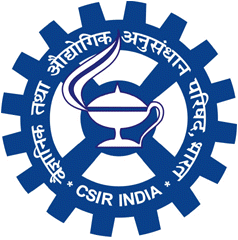Treatments Focus
Family History of Breast and Ovarian Cancer

Women with a family history of breast or ovarian cancer are more likely to get these cancers. Knowing more about your family’s health history and sharing this information with your doctor can help detect if you will develop them in the future.
Current advances such as genetic testing, screening tests help you know and understand your family history and take necessary steps and decisions to avoid undesirable outcomes.
Breast Cancer and Ovarian Cancer: How are they connected?
Influence of Genes:
It is found that the occurrence of breast cancer in a person has been followed by the occurrence of ovarian cancer later in time and vice versa. Similarities in breast and ovarian cancer development were found for no pre-defined reason. However, the data found that genetic alterations/variations represent another similarity between these two cancers.
Everyone has BRAC 1 and BRCA 2 genes – short for BReast CAncer genes; these are tumour suppressor genes that exist naturally in the body and protect cells from cancer. These are usually associated with cell growth and cell division in the body. People with defects or variations in BRCA1 and BRCA2 are prone to developing breast and/or ovarian cancer.
Approximately 5-10% of breast cancer cases result from alterations in genes BRCA1 or BRCA2. One in 400 women have the BRCA mutation, which puts her at a much higher risk of developing breast or ovarian cancer. However, the cause of the majority of people developing breast and ovarian cancer is not entirely related to mutations in BRCA 1 or BRCA 2 genes.
Cancer that starts in the ovaries can spread throughout the body. One of the organs where such cancer cells spread is the breast. Doctors are not entirely sure as to what causes it. If you have a family history or personal history with breast cancer or ovarian cancer (or both), this can increase your risk of developing these cancers.
Association of breast and ovarian cancer can be explained by the following:
- Similarity of risk factors: The risk factors and causes that impact breast cancer and ovarian cancer are similar. In general, these are influenced by – age, genetics, lifestyle and environmental factors.
- Genetic tendency: Personal and family history of breast cancer may indicate a genetic tendency to develop ovarian cancer and vice versa – such as Hereditary Breast and Ovarian Cancer (HBOC) syndrome. This possibility exists when you learn that more than one generation has had breast cancer and/or ovarian cancer, it is recommended to take genetic screening tests. This test reveals if the altered genes have been passed onto you or not. If the altered genes have been passed to you, it is known as HBOC syndrome.
HBOC syndrome
Some of the cautions revealed in a patient’s medical record or family history may indicate genetic tendency to develop ovarian cancer. These include the following:
- Diagnosed with breast cancer before age 50
- Bilateral (occurring in both breasts) breast cancer in you or a close relative
- Close relative (mother, daughter, sister, grandmother, granddaughter, niece) diagnosed with ovarian cancer
- Father, brother, Uncle or grandfather with male breast cancer
- Triple-negative breast cancer (tumour lacking estrogen, progesterone, and HER2/neu genes) diagnosed before age 60
- Previously Identified BRCA family genetic variants
If any of the above apply to you, genetic testing and counselling are recommended.
Spotting between periods
Light or no bleeding
Severe cramps in the belly
Breast tenderness
FAQ's :
References:
- Breast and Ovarian Cancer and Family Health History. Centers of Disease Control and Prevention. https://www.cdc.gov/genomics/disease/breast_ovarian_cancer/breast_ovarian_cancer.htm Accessed on 24-08-2022
- Breast and Ovarian Cancer: Is There a Connection? Houston Methodist Leading Medicine. https://www.houstonmethodist.org/blog/articles/2019/oct/breast-and-ovarian-cancer-is-there-a-connection/ Accessed on 24-08-2022
- Does Breast or Ovarian Cancer Run in Your Family? Centers for Disease Control and Prevention. https://www.cdc.gov/genomics/disease/breast_ovarian_cancer/breast_cancer.htm Accessed on 24-08-2022
- Inherited breast and ovarian cancer. Macmillan Cancer Support. https://www.macmillan.org.uk/cancer-information-and-support/worried-about-cancer/causes-and-risk-factors/inherited-breast-and-ovarian-cancer Accessed on 24-08-2022
- Family History and the Risk for Breast or Ovarian Cancer. University of Michigan Health. Michigan Medicine. https://www.uofmhealth.org/health-library/zx3064 Accessed on 24-08-2022
- Hereditary Breast and Ovarian Cancer. Cancer.Net https://www.cancer.net/cancer-types/hereditary-breast-and-ovarian-cancer Accessed on 24-08-2022
- BRCA1- and BRCA2-Associated Hereditary Breast and Ovarian Cancer. NCBI. https://www.ncbi.nlm.nih.gov/books/NBK1247/ Accessed on 24-08-2022
Related Articles
Book an Appointment to understand how GenepoweRx can help you in treating
Family History of Breast and Ovarian Cancer
Meet The Doctors
Dr Kalyan Uppaluri
Dr Hima Challa
Your genetics … Your Test ... Your Health Success
It’s always the word of mouth that’s the best advice. Here are some of our…
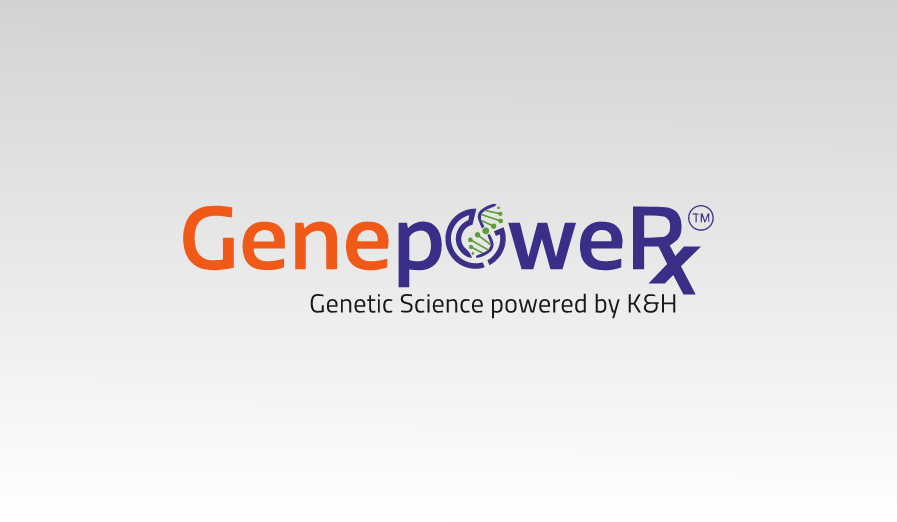

Our Partners
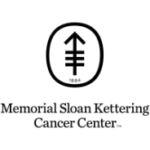

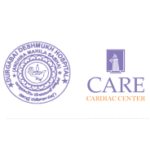


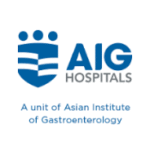
Professional Partnerships
Government Association
